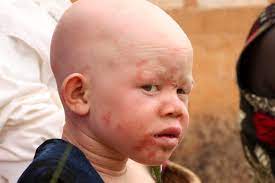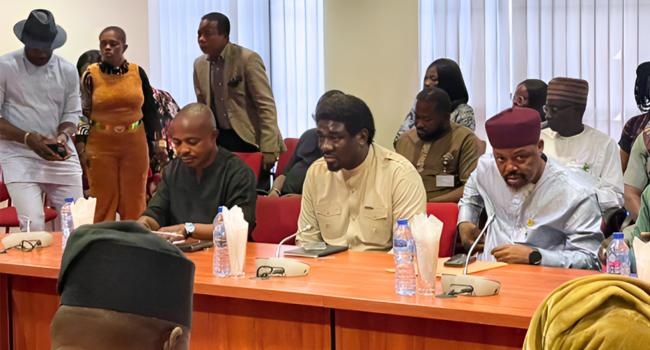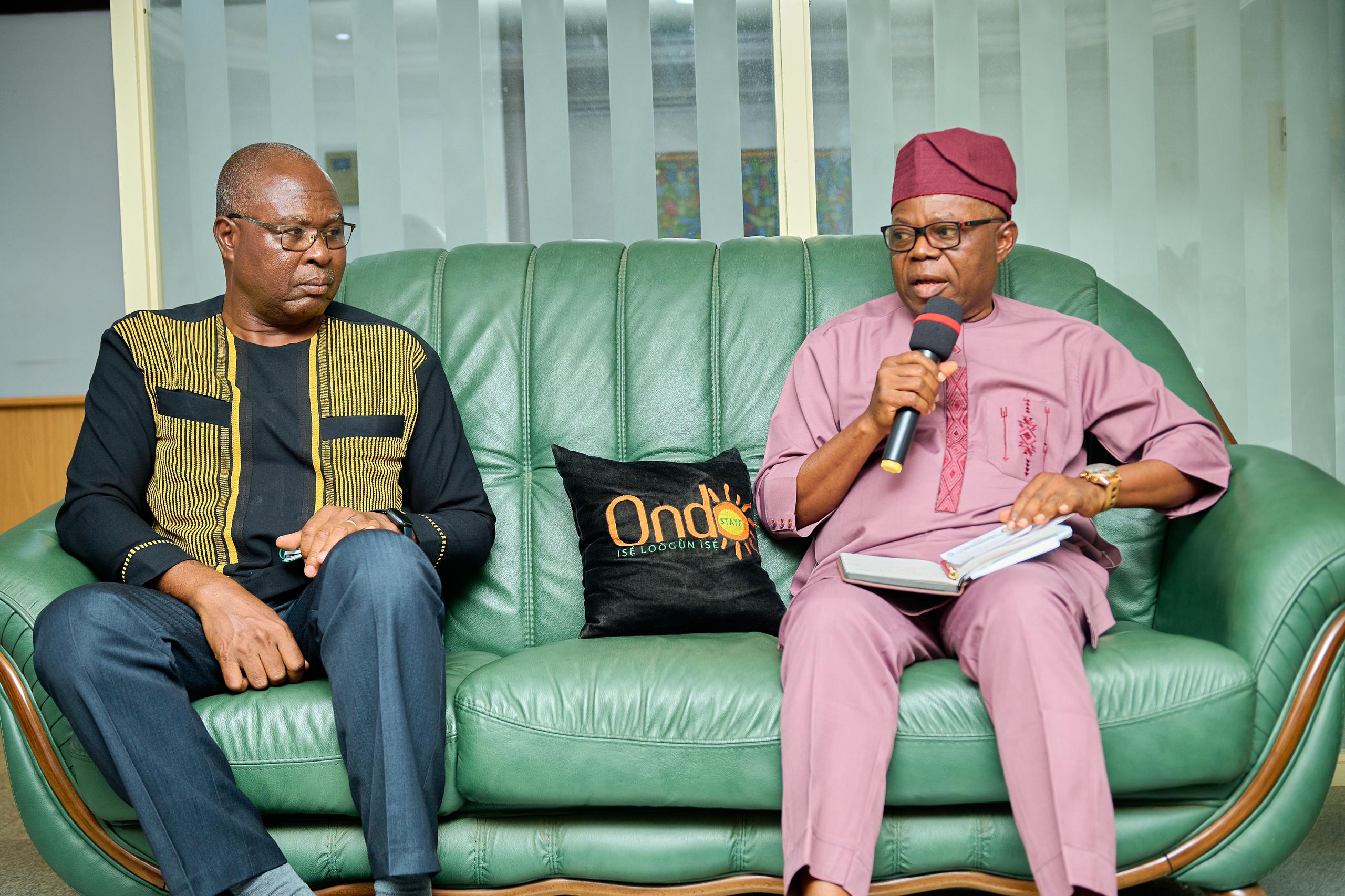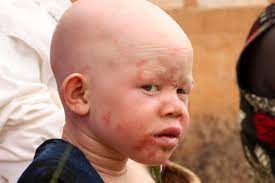
By Funmilola Afolabi
‘See my face, it is full of freckles because I go out in the sun. How then do I fend for myself, I don’t go out in the sun’ said Mr Ayodele Fagorola while narrating the experience of working as an albino.
37-year-old Ayodele Fagorola is an albino who works as a male stylist/barber in Akure, the Ondo state capital. He has had to deal with some problems associated with albinism and according to him, their skin remains a major problem because of their susceptibility to skin cancer.
Mr Fagorola, who is also the Chairman of persons with Albinism in Ondo state disclosed that 18 albinos have died in the last year from skin issues. “We have lost many of our members, about 18 of them, that’s the one I know of, not to talk of others. We still have about 8 critical issues and the hospital is asking them to drop 1.8 million naira each before the surgery can be carried out on them,” he said.
For 25-year-old Sherifat Mustaphar, having #1.5 million is going to save her life as she battles skin cancer a second time.
She said “I had done the surgery before in a government hospital but the condition persisted and so I went to another hospital, where I was told to bring #1.5 million instead so that they can redo the surgery but where can I get that money from? My parents sold most of their properties to cater for the first surgery and now this one.”
When asked how they take care of their skin, Mr Fagorola disclosed that while they use sunscreens and creams prescribed by dermatologists, these have become too expensive for them to purchase on their own. “Some time ago, the dermatologists used to buy some cream that was imported and then we collected the cream from Abuja. One cream cost #140,000 and we can use it for 4-5 months. Before you use it, if one has cancer, they peel it and use the cream, then it dries the skin”. He added.
“We cannot afford the creams anymore. We cannot work adequately, especially under the sun, and caring for our skin is becoming tedious” they said.
Mr Fagorola called on the government and concerned authorities to make the creams subsidized and available for them as it would go a long way in helping them treat their skin. “If they do the cream and it is surplus, then the cases of skin cancer in Albino might be reduced. The cream should be in two folds- one that protects the body from skin cancer and the other which treats skin cancer, which should also be affordable.”
According to them, while the state government shares sunscreen, creams, and others for them yearly to mark their day (World Albinism Day), more still needs to be done.
But this raises serious questions about the welfare of Albinos in the state, while they are meant to use the cream that supposedly lasts for about 4-5 months, they would still need to go about their daily jobs, which are mostly carried out in the sun, and eat good food in an economy where the prices of food are at an all-time high.
How then do they adequately take care of their skins, when the factors are glaringly not in their favor?
Albinism and Skin Cancer
Albinism is a disorder of skin pigmentation that occurs in people of all races and throughout the world. It is caused by several rare genetic disorders that, in addition to causing hypopigmentation (an abnormally low amount of melanin) or depigmentation (complete loss of pigment) of the skin, also affect the eyes with decreased vision, misalignment of the eyes, and involuntary eye movements (nystagmus).
Albinism is easily recognized by its typical appearance, including white hair, pale or white skin, and pink or pale blue-gray eyes. People’s eyes are very sensitive to light and they often try to avoid bright light.
Because people with albinism are at increased risk of skin cancers, they should have regular skin examinations and must take steps to prevent sunburn and decrease their risk of skin cancer.
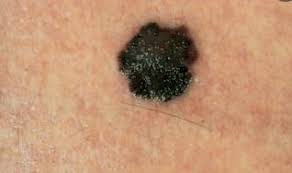
A certified skincare formulator, Olayiwola Olayemi said she produces skin care products for all skin types but albinos don’t patronize her. She charged them to maintain the right skin product, eat well, and hydrate.
She also revealed that believing in themselves and being confident in their skin would prevent them from searching for creams that might compound their skin problems.
“The skincare product I produce is for all skin types and so there is really no need to produce skin products for them specially. I would charge them to instead believe in themselves and not listen to what people say about their skin and be self-confident. They should instead go for natural products and eat organic foods not processed ones and this would regulate their skins”.
What is the Ondo State Government doing?
Mrs Oluwaseun Afun, the Director of Finance and Administration Agency for the Welfare of Persons Living with Disability in Ondo state said Governor Oluwarotimi Akeredolu provides the necessary creams for albinos in the state yearly.
“Since the agency accepted them to be a part of persons living with disability in 2017, Governor Akeredolu’s government has been buying the necessary cream that prevents freckles and all forms of damage to their skin yearly. The governor doesn’t joke with them and so he makes sure that we buy in large quantities that could cater for all of them.
When asked why some still die after the provision of the creams, Mrs Afun posited that those who died from skin cancer had already gotten it before the creams were given to them by the state government or were not part of the scheme. “What happened was that most of the people dying had already got the cancer, none of them can say he/she has been coming to the agency since 2017 and had the cancer. So maybe the person got cancer before 2017 or does not know about the scheme” she added.
This article was first published in September 2023.

